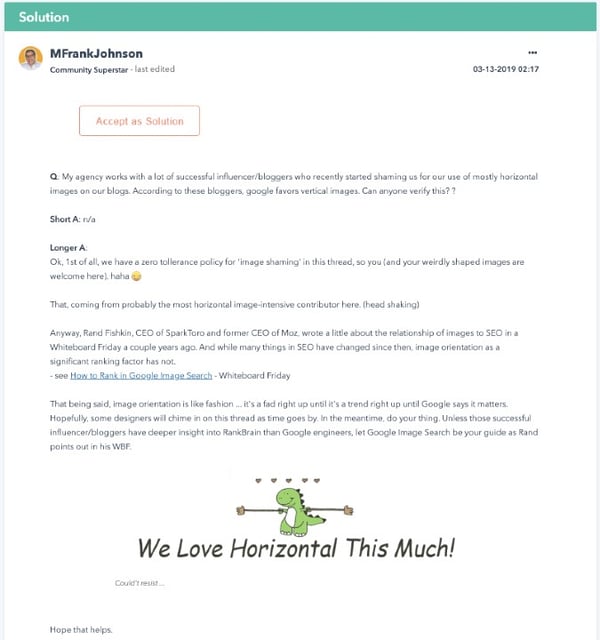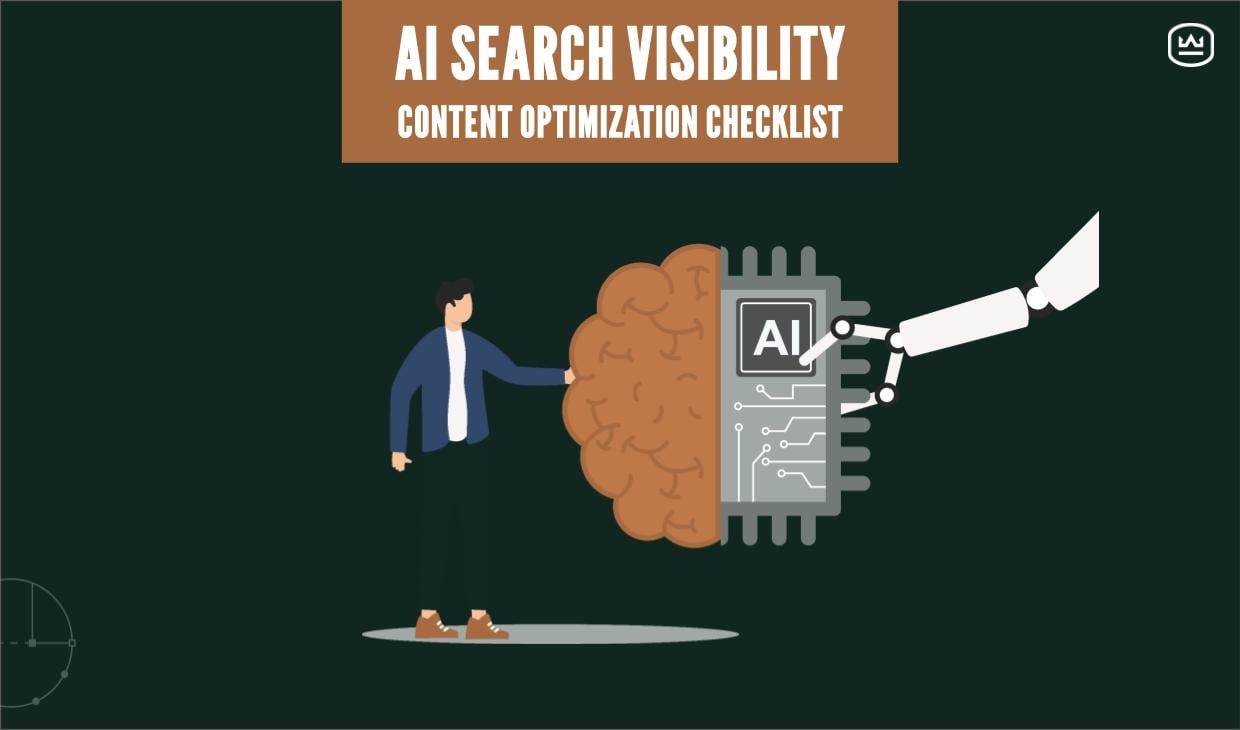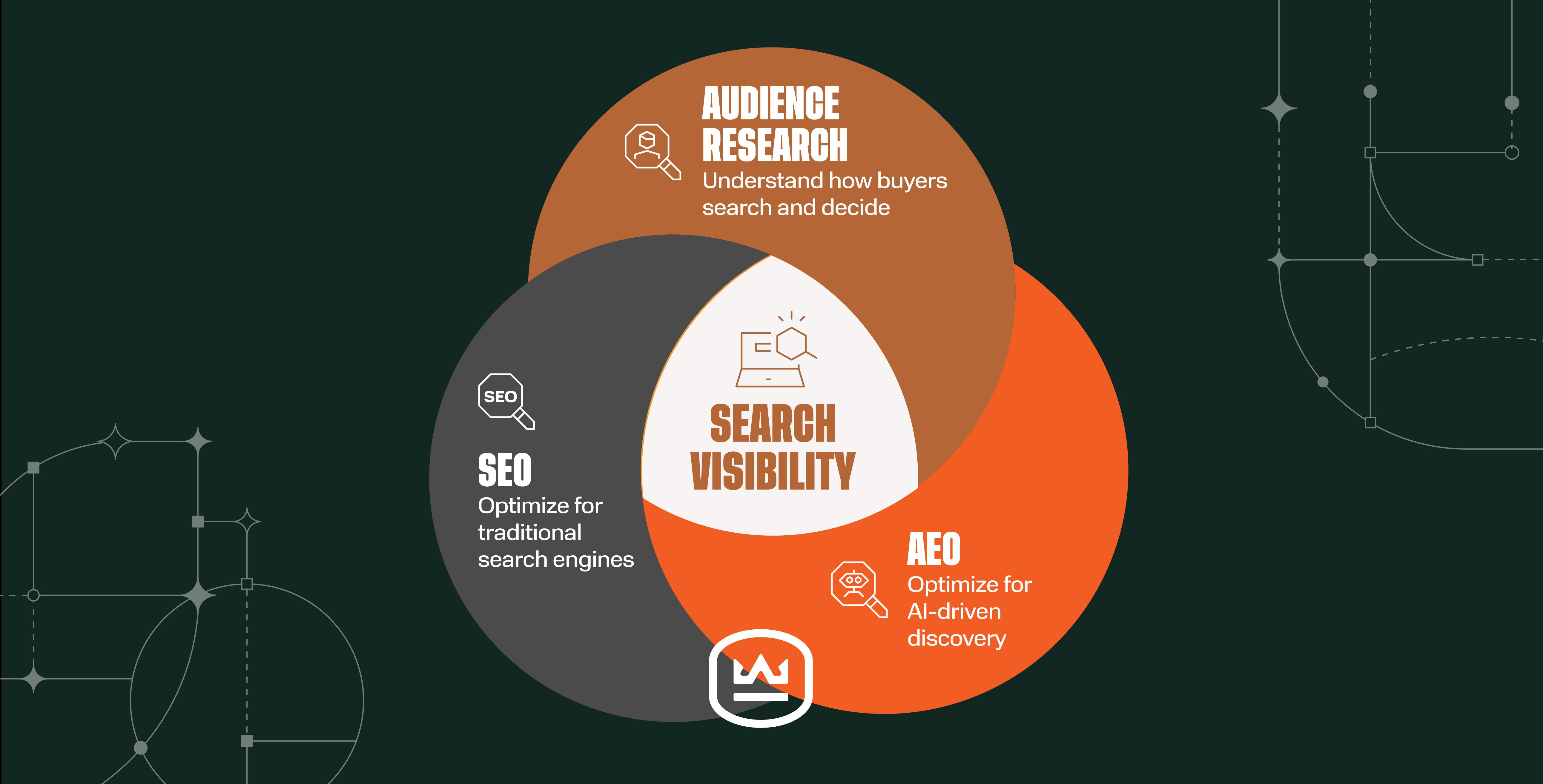Industry Forums and B2B Lead Generation: The Most Helpful Wins
Written by

Humans are social creatures.
We gravitate toward communal experiences. Community brings us together and validates our ideas. The two elements required to build a community are a common or shared idea and a place or way to communicate. An organized, online community platform offers both essential elements.
People who unite and rally around shared beliefs, interests, and passions can innovate in that shared space, and their communities can generate powerful loyalty. Over the past year, as the pandemic has restricted in-person interaction, online discussion forums have become more important sources of peer to peer support than ever before.
For digital marketers, online customer communities — in the form of industry forums — also offer other practical advantages in support of a broader B2B inbound strategy:
- 1-on-1 research. Within B2B communities, you can observe how conversations naturally develop. You see what makes people passionate and how they talk about it. These observations can spark content and customer service ideas, or even a new product.
- Inspired content. Discussions can drive user-generated content. Common issues and questions amplify the needs of real-life B2B customers. The knowledge you can glean maximizes authenticity within your inbound marketing efforts and can help create genuine rapport.
- Influencer connections. In online communities, sometimes a few strong voices emerge, often with valuable insights. These people may be targeted prospects for more direct communications to develop your influencer marketing strategy.
Whether you look at an online community as a way to stay in touch with industry leaders and follow the most critical issues, a way to generate fresh marketing content, or a B2B lead generation forum (or all of those), it’s important that your service and sales teams, once they start, remain committed, engaged, and active on industry forums.
ALSO READ: 5 Fixes for Challenging B2B Lead Generation Problems
Find the right B2B industry forums and communities for your participation
Well-organized online communities provide places where the vast majority of users feel seen and heard, and where they feel empowered to ask and answer questions. While consumer brands move to social media as consumer-focused forums dwindle, specialized industry communities are often deep, authoritative sources of industry knowledge and engaged audiences for B2B marketers. The first important step is to be selective about which platforms are best for your team’s participation.
- LinkedIn remains the dominant medium for sales prospecting, deal-making, and initial contact. Plus, LinkedIn’s Groups feature is structured around professional topics. It’s also easily accessible on the mobile app. LinkedIn often offers an easier contextual fit compared to other B2B social media groups.
- Facebook is still the world’s most popular social media platform, with two out of three social media users actively engaged on the site. Facebook groups serve as micro-communities in which members can engage in conversations with like-minded professionals. Facebook’s tendency toward personal communication can also mean that conversation threads go on tangents easily and often.
- American Society for Quality (ASQ) provides a sort of online clearinghouse for users from diverse industries. Members of this online “voice of quality” community use the space to network, share best practices, and support each other. Different levels of membership are available for individuals and organizations.
- Quora and Reddit use a simple question-and-answer format that makes it easy to drill quickly and deeply into specialized topics, and recognize influential leaders. Community members include people with passionate interests or authoritative knowledge on various topics, and over time the quality of the information they share contributes to their user rank. Just search for the community space most applicable to your industry, bookmark it, and return often.
- Blog Comments are a way to start or engage in discussions anywhere users are able to comment. On websites aimed at specific professions or industries — like professional association sites or industry publications — you may be able to take a public thread to a one-on-one discussion via private message, depending on privacy policies. By following relevant blogs in your industry, your marketing, sales, and service teams can directly engage with readers.
- Message Boards and microsites, which evolved out of dawn-of-the-internet, digital “bulletin board systems,” or BBSes, can still be active and engaging online scenes. In fact, users’ desire for connection and association has driven many “message boards” to evolve into what are now online communities of professionals, hobbyists, or other interest-driven groups. The intrinsically helpful nature of these communities makes them an ideal fit for B2B inbound marketers.
...Or build your own online community
Depending on your industry niche, building your own branded online community for prospects and customers to engage and share with one another can demonstrate thought leadership and involvement. But this level of effort and investment is suited to only the most committed — because consistent, active moderation is key to success, and that requires dedicated community managers.
That said, a successful branded online forum could evolve over time to include gated or monetized content, along with brand leadership and a consistent flow of fresh, audience-influenced ideas.
Before jumping into an endeavor like that, it’s essential to do your own research to determine whether an unmet need even exists. Start by asking your sales team and technical subject matter experts about which online communities and industry forums they follow. As always, your SMEs are an invaluable source of industry insight, and they can lead you to whole online communities populated by people just like them.
How to (and not to) engage in industry forums
Conducting yourself professionally within an industry forum is mostly common sense, yet there are some unwritten rules of conduct worth reviewing.
- First and most important, be helpful. Read user queries with care, and respond with valuable information — not just a product or service plug. Offer relevant, useful, in-the-moment knowledge without an expectation for recognition or praise.
- Before asking a question or starting a thread, always — ALWAYS — read through the “Read this first” or “FAQ” posts that are often pinned permanently to the top of the page. Prevent redundancies and show respect by scanning through existing conversations or using a search function to explore whether posts already exist in your topic area.
- Be succinct, stay on topic, and demonstrate competence with concrete examples and appropriate links. It should go without saying that your tone should be polite, professional, and kind — never condescending. Remember that participants may be from anywhere in the world, and everything you post is a representation of your brand.

Industry thought leadership is earned over time, and the quality of your contributions is your brand’s currency in online communities. Lead generation in B2B forums takes commitment, effort, and time. Our infographic can help your teams better understand the life cycle of inbound marketing lead nurturing, and ensure full team alignment with your lead generation process. Check it out.
Subscribe To Our Blog
Information. Insights. Ideas. Get notified every time a new Weidert Group blog article is published – subscribe now!
You May Also Like...

Search Engine Optimization
How Falcon Rebuilt Industrial AI Search Visibility in 2025

Search Engine Optimization
The New Search Visibility Checklist for AI-Era Content Marketing

Search Engine Optimization
SEO Isn’t Dead. It’s Evolving: How B2Bs Can Stay Visible in the Age of AI
Accelerate Your Growth with
Weidert Group
If you’re ready to explore a partnership, request a personalized consultation with our team.

